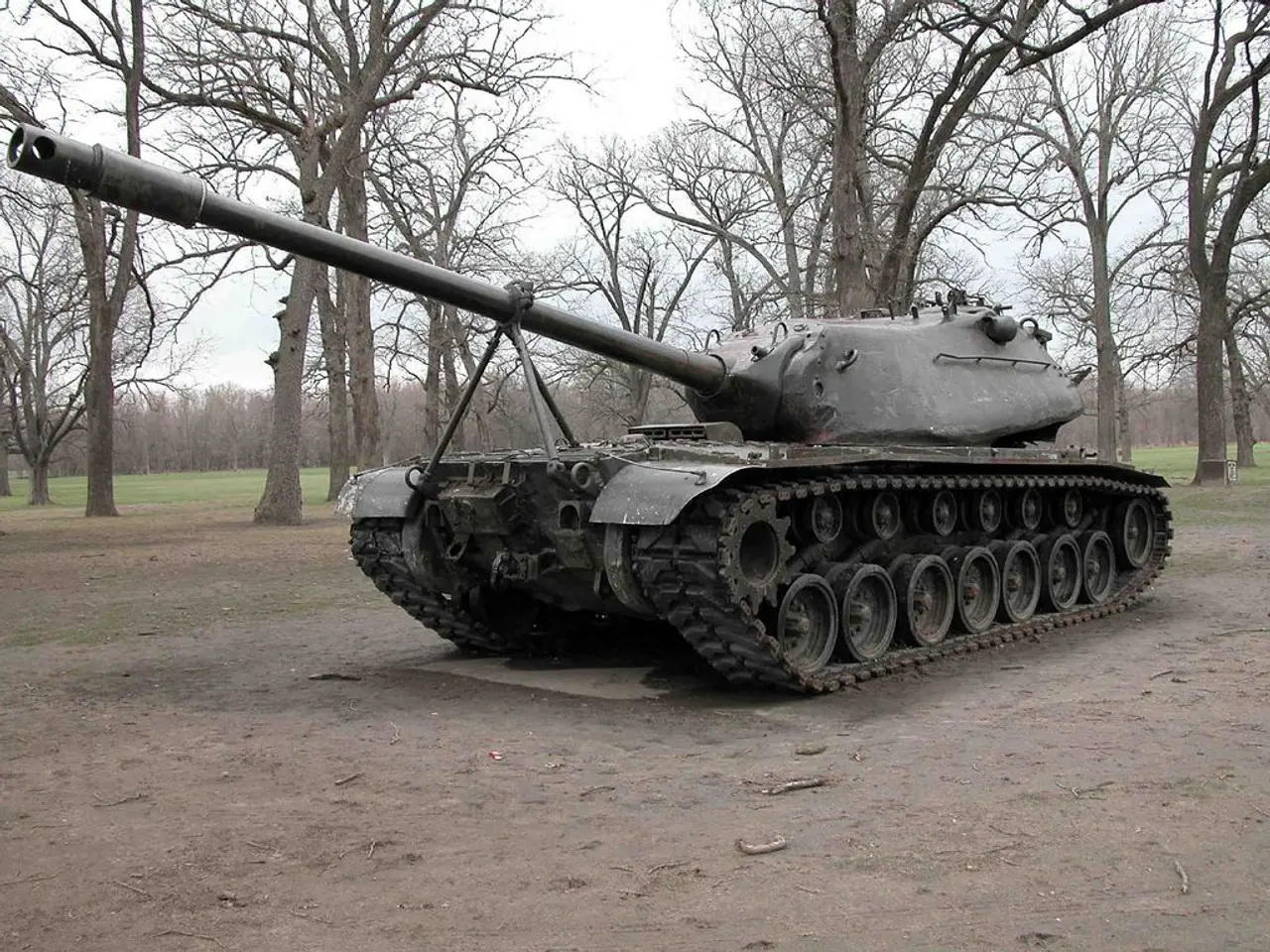U.S. Air Force Decides to Acquire Additional KC-46 Tankers, Forgoes Upcoming Tanker Contest
Air Force Extends Production of KC-46 Aerial Refuelers
The Air Force has announced a decision to extend the production of KC-46 aerial refuelers by up to 75 aircraft. This move is aimed at ensuring uninterrupted recapitalization of its aging tanker fleet and maintaining continuous manufacturing after current contracts end.
The KC-46 production extension provides a seamless transition after the nearly complete original KC-46 program of 179 aircraft, avoiding gaps that could arise from initiating a new competition. Using the KC-46’s Capability Production Document as the basis for acquisition requirements effectively disadvantages potential competitors like Airbus or Embraer, since the KC-46 has already cleared those hurdles, streamlining the procurement process and reducing risk.
The Air Force plans extensive modernization and upgrades for the KC-46 fleet, further incentivizing the expansion of this existing platform rather than starting anew with an unproven design. Budget documents point to cost-effectiveness and speed, as delaying recapitalization for a new competition or developing a new tanker could risk operational capability gaps.
Deliveries of the KC-46 have been paused multiple times, and the program has faced years of struggles. However, the KC-46 had its first operational deployment to the Middle East in October 2024 and has been cleared for worldwide deployments since September 2022. Last month, the KC-46 refueled aircraft during Operation Midnight Hammer airstrikes.
The original KC-46 program of record for 179 aircraft is nearly complete, and the program was increased to 188 aircraft, the maximum available under the current contract. The KC-46 has had issues with leaks in its fuel system, cracks on some airframes, and quality issues with its auxiliary power unit's drain mast. The boom telescoping actuator on the KC-46 is being redesigned.
The Air Force's 2026 budget request stated that the "Tanker Production Extension" program would use the KC-46A Capability Production Document for its requirements. Plans for the Next-Generation Air Refueling System (NGAS) are slowing, with the 2026 budget only including funding for market research and modeling and simulation.
The Eisenhower-era KC-135 Stratotankers are showing their age, and the Air Force recently retired the last of its KC-10 Extenders. The planned purchase of 15 new planes in fiscal 2026 would leave just 10 more to be put on contract. No current information about the involvement of Lockheed Martin, Airbus, L3Harris, or any other companies in the KC-46 production extension program was provided.
Defense One first reported the decision to extend the production of KC-46 aerial refuelers. The Air Force is seeking to address the survivability of both its legacy and future tanker fleet, and the KC-46's first operational deployment and recent involvement in airstrikes underscore its importance in maintaining operational capability. As the Air Force continues to modernize its tanker fleet, the KC-46 will likely play a crucial role in ensuring uninterrupted air refueling operations.
- The Air Force's decision to extend the production of KC-46 aerial refuelers by up to 75 aircraft is part of a strategy to maintain defense in the face of an aging aircraft fleet.
- The KC-46 production extension, based on the aircraft's Capability Production Document, may disadvantage competitors like Airbus or Embraer in the industry due to the KC-46's previous hurdles and streamlined procurement process.
- The extended KC-46 production could also be linked to the Air Force's plans for space and space force, as a fully modernized KC-46 fleet would contribute to the aerospace sector and finance, providing an essential link in the chain of defense.
- Looking ahead, the KC-46, with its recent operational deployments and involvement in airstrikes, is set to play a significant role in the future, ensuring continuous air refueling operations and strengthening the air force's operational capability.








